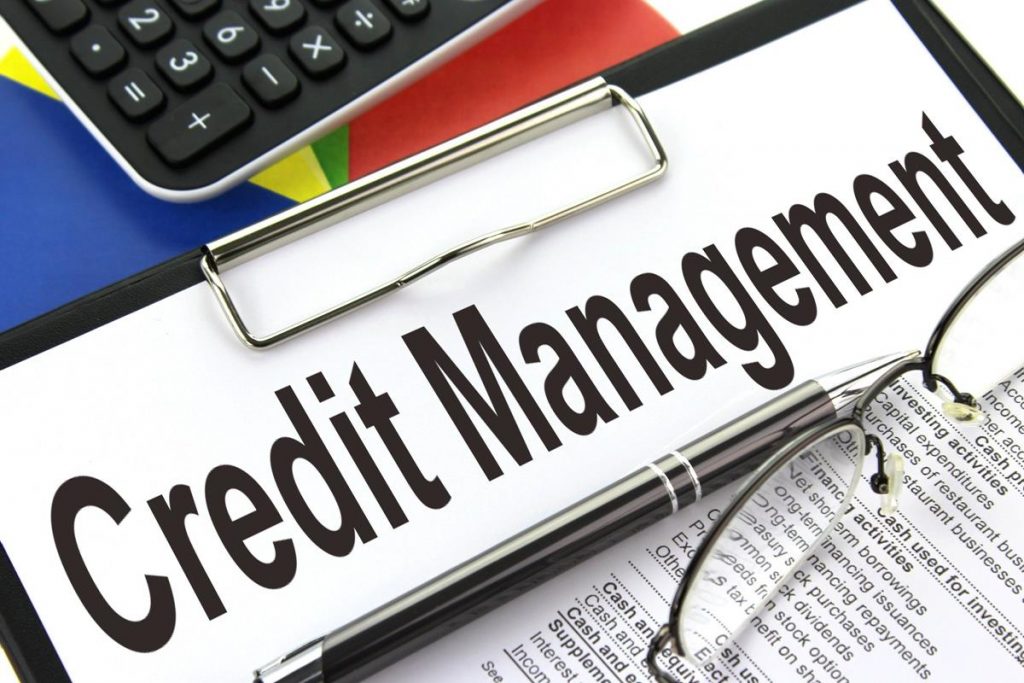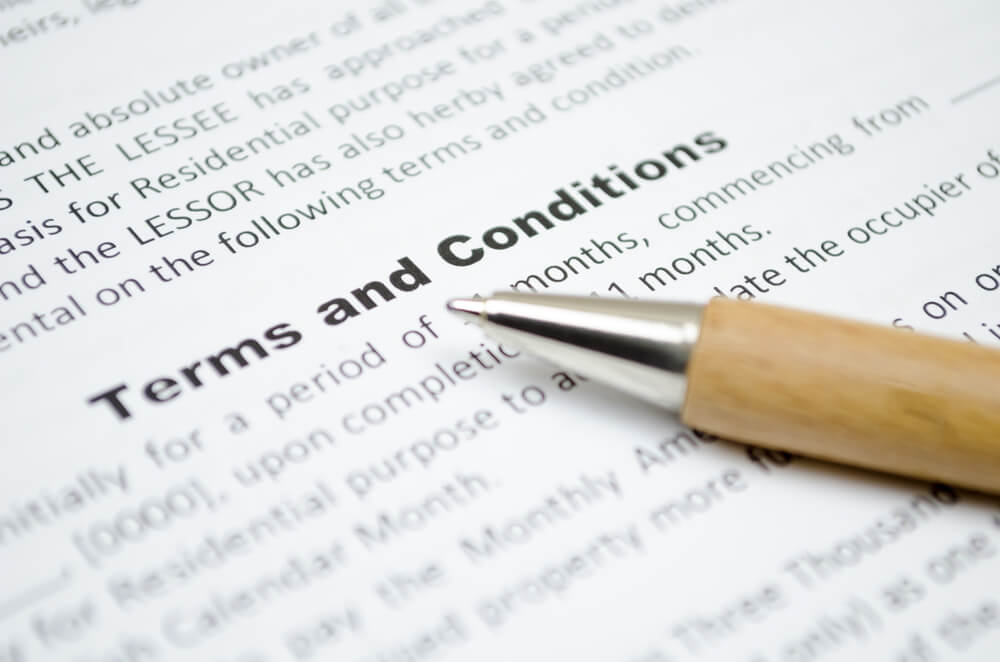
We’ve seen a lot of changes in technology over the last 50 or so years – especially with the rise of the internet in the 1990s. These changes have affected many things, including the way we communicate with one another.
Technological advancements have made it simpler and faster for people to communicate with one another. Back in the day door knocking, sending letters and phone calls were the easiest ways to get in touch with one another.
Now, people converse more via text messages and emails than any other method of communication. In this article, we’ll be discussing an issue that you might find yourself wondering about:
What method is more effective in debt collecting?
The method of contacting a debtor is always a matter of preferences, may it be your personal preference or the company’s preference. However, it is important to find a balance in using the proper method at the proper moment and in the proper circumstances.
Generally, when it comes to disputes or outstanding debts, it is still more effective to phone the debtor first and then send them an email confirmation letter outlining what you discussed afterwards.
This may appear outdated and “un-hip”, but you need to stand out from the crowd and choose the unexpected path. And what’s the least unexpected thing a debtor can experience – a call from you, their debt collector!
Being able to speak to a real person about their unpaid debts gives you more of a chance to be able to actually effectively collect the money owed. This is because it can be so easy to misconstrue or misunderstand something written in an email or text. Often, it can be open to interpretation. Yet, when you speak to someone, it can be easier to see if they understand what you’re talking about, and it gives them the opportunity to communicate with you immediately too. It also gives you an opportunity to learn more about a scenario even if that scenario requires reading between the lines.

What method can bring faster solutions to problems?
Having a chat over the phone as opposed to exchanging emails back and forth is without a doubt more efficient and quicker in resolving issues.
In order to establish a trustworthy connection with your debtors and deliver first-rate customer service, it is essential that you work together to solve issues. Talking together in real time supports the relationship building and opens up the line of communication with your debtor too – which may make them more comfortable to initiate further contact with you in the future.
Talking on the phone also allows the unpaid debt to be front of mind, rather than being lost amongst various other things in the debtor’s inbox.
The Debtor’s Preference
As mentioned beforehand, it’s always a matter of preferences. Hence, you shouldn’t forget to ask what’s the best way of communication for your debtor. Ask them which method they prefer and note it in your case since the idea is to make it as simple as possible for your debtor to contact you. Many individuals will tell you that they prefer email since it’s less intimidating, it consumes minimal time unlike a phone call – but it’s also simpler to ignore.
While your debtor may have their preference, you must still be prepared to call them in case they don’t reply to your emails. The same is applicable for those who ignore your phone calls. If you don’t hear back after seven days, you know the drill: make sure you have established procedures to follow up. The ideal approach when following up is to utilise multiple forms of communication.
Unable to decide? Use both!
You can’t rely just on a phone call or email. Leave a voicemail and send an email if you can’t reach them on the phone. Always give a client a call to follow up if you email them and receive no answer. Lastly, why not simply use both methods? This gives you the best of both worlds.
Prevent Debt in the First Place
You can always save yourself from the stress of collecting debts by preventing debt itself. Here are tips in preventing a bad debt:
1. Pick Your Clients Wisely
Although it may seem simple and obvious, sometimes we tend to accept whatever customer we can find in order to get the ball rolling; the mindset that a busy office equates to success and high earnings is still prevalent to this day. However, that’s where we’re wrong. Not selecting clients we want to deal with can result in low morale, low customer satisfaction, and low earnings.
Consequently, you must pick your clientele wisely. Together with your sales team, develop the ideal client profile for you, and then only accept the clients you want to work with. Once you’ve decided, you can check their credit history, websites, social media, and any relevant reviews – by doing so, you can easily spot their red flags and discover as much as you can about them.

2. Take better control
Implementing strict credit controls is next on the list after selecting the ideal client. Your first line of defence against bad debt is stringent credit management. We mentioned above that one of the things to check about prospective clients is their credit history. This is a great first step in credit management. It allows you to make a more informed decision about whether you should work with a client or not.
3. Upfront Payment
Before supplying any goods or services, ask for payment in advance. Once more, this seems so simple, obvious, and that everyone is more than capable of doing it, but they don’t. Why? People tend to underestimate the worth of their goods and services, moreover they are afraid of upsetting their clients.
By requesting payment upfront, you are showing your client that you are serious about both your services and your commitment to payment. Plus, they’ll respect you more for it. With that, you should set up a direct debit system so that your customers can make advance payments.

4. Be strict with the established payment terms, follow-up procedures, and fines.
You must establish precise payment terms that are explained in plain English and easy to understand. Set up your payment terms to promote on-time payments. Make sure your conditions of commerce explicitly indicate when you’ll begin to start charging overdue amounts, as well as the percentage rate you’ll be using. Inform your customer that you may also charge them a fee for debt recovery and/or any associated legal costs.
Customers should sign your terms of service before you grant them any credit in order for them to be enforceable. Furthermore, you should consider including a checkbox where users need to confirm that they agree to your conditions on your website.
Additionally, if you make it obvious that you expect to be paid on time, every time, and that you’ll always get in touch if a payment is late, then you are more likely to receive higher priority from a customer who is struggling to make payments due to cash flow issues than from a company with laxer systems.
“Pay the ones that make the greatest noise.” Make sure this is you, as much as possible.
Lastly, you must always stick to your terms. When clients don’t pay their invoices on time, stop providing your service to them. They need your products or services, therefore you may utilise that need to get compensated quickly.
6. Hire debt collectors
With the help of a debt collector, resolving disputes will be easier. This will prevent debtors from using it as an excuse for late payments. A reputable debt collection agency will do the leg work for you as you focus on other matters within your business. If you’re worried about how much hiring a debt collector will cost, don’t worry – many agencies don’t charge unless they are able to successfully recover debt.
Debt collectors have a lot of experience, tools and resources available to them, and best of all they can make the recovery of your debt their focus – whereas it can be difficult for you to be able to do it when you’ve got a business to run!
Are you looking for help with debt collection?
If you’re after a debt collection agency in Melbourne, Brisbane, Sydney or anywhere else in Australia, turn to us here at JMA.
We’re a highly experienced debt recovery agency and its always our number one focus to find the best solution and resolution for our customers.
You can always discuss your needs with us by calling us on 1300 664 223 – that way you can find out if we’re the right agency for you.





















